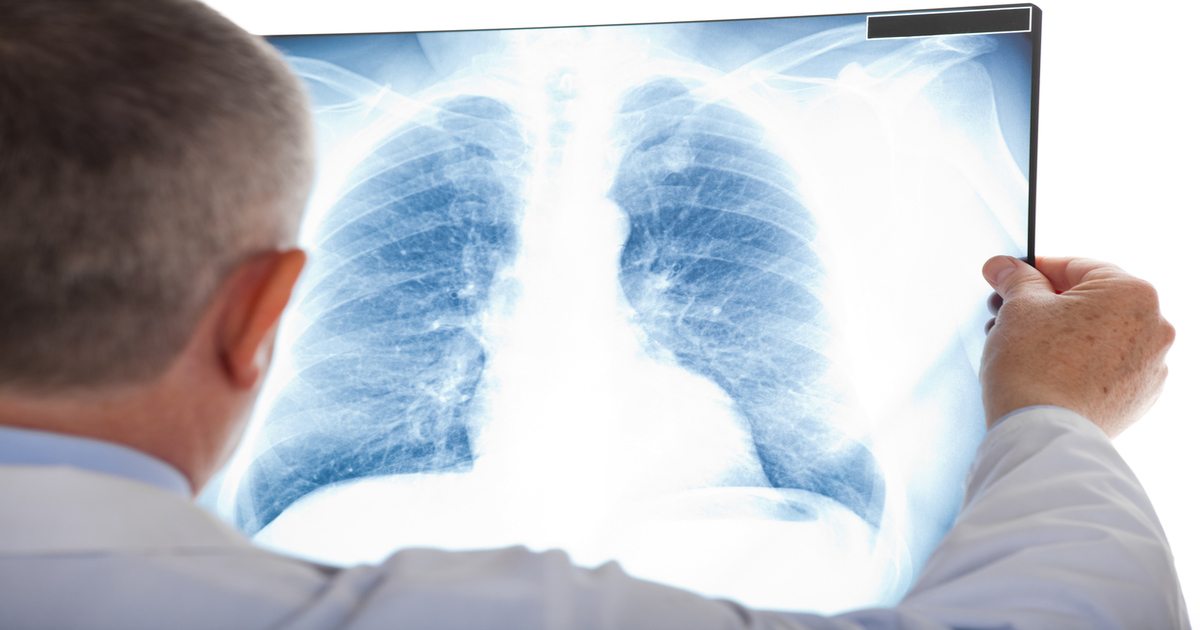What Are The Causes And Risk Factors Of Tricuspid Valve Regurgitation?
Tricuspid valve regurgitation is a heart disorder where blood flows backward into the right atrium from the right ventricle. This backflow occurs because the tricuspid valve between the right atrium and ventricle does not close tight enough. The regurgitation occurs as the left ventricle contracts to pump blood to the lungs. Healthy valves in the heart open up just enough for blood to flow through them, and then they quickly close tightly so blood doesn't move backward. A mild case of tricuspid valve regurgitation may not manifest with any symptoms, but moderate to severe cases can manifest with symptoms of fatigue, swelling, weakness, neck vein pulsing, and reduced urine output. Diagnosis is made using a Doppler echocardiogram and or cardiac catheterization. The severity of a patient's tricuspid valve regurgitation and the underlying cause of the disorder will determine the method used to treat it.
Get to know the causes and risk factors linked to tricuspid valve regurgitation now.
Carcinoid Syndrome

Carcinoid syndrome is a complication of a rare kind of tumor called a carcinoid tumor. This condition occurs when the patient's carcinoid tumor releases certain chemicals in the body that have adverse effects on various organs throughout the body. These tumors usually develop in a patient's lungs or within their gastrointestinal tract. Most often, carcinoid syndrome occurs in individuals who already have a metastasized advanced-stage carcinoid tumor. The substances of which the carcinoid tumor may secrete include histamine, prostaglandins, 5-hydroxytryptamine, and tachykinins. These substances are known to cause a reaction in the tissues of the heart where endocardial plaques and dense fibrous tissue build up on the parts of the heart valves. Not only are the leaflets of the valves affected, but also the papillary muscles and the tendinous chord parts of the heart valves. The plaques cause the tricuspid valve to become distorted or abnormally shaped, which results in functional impairment of the valve. The impairment causes the regurgitation of blood through the tricuspid valve.
Learn more about the causes and risk factors of tricuspid valve regurgitation now.